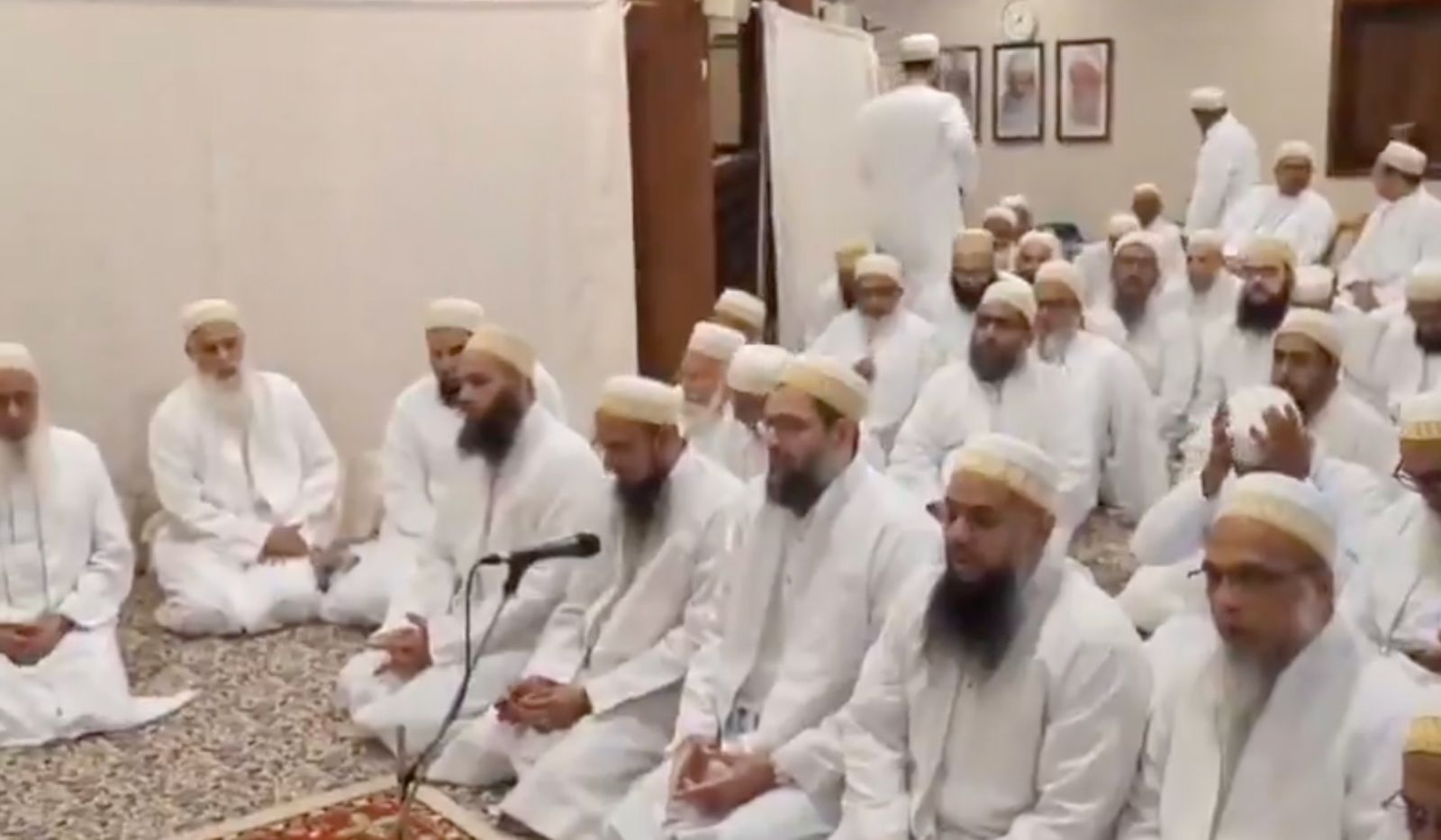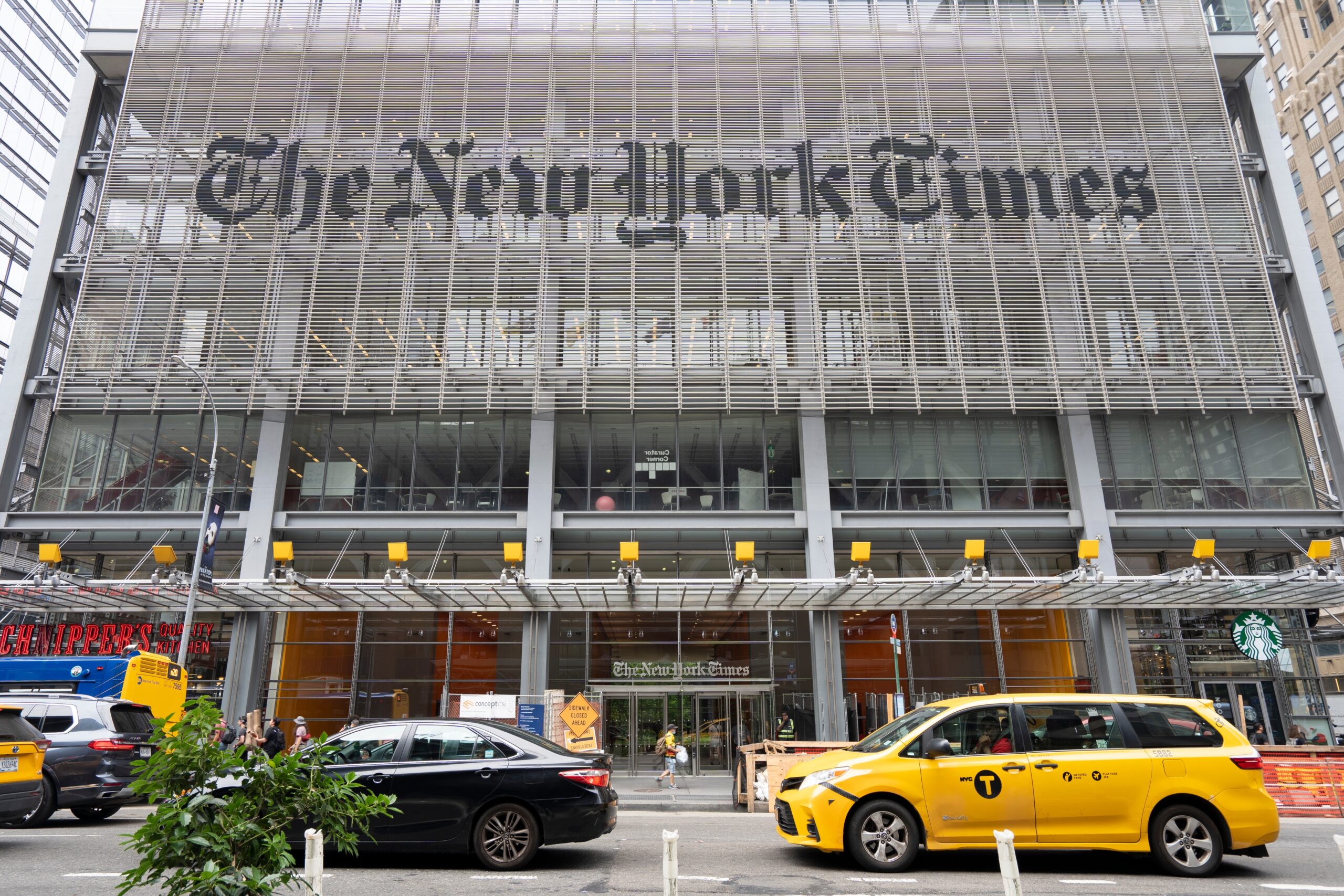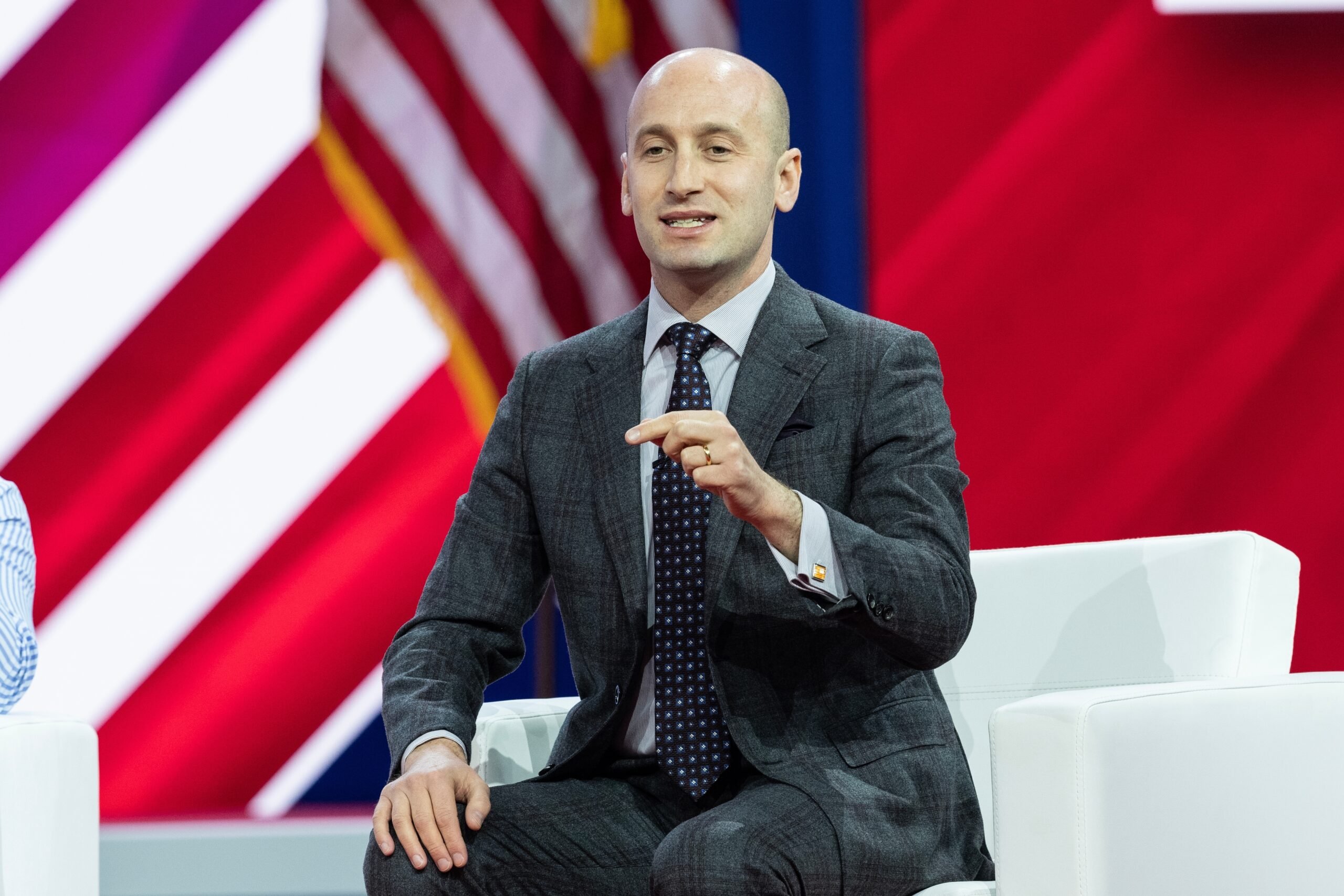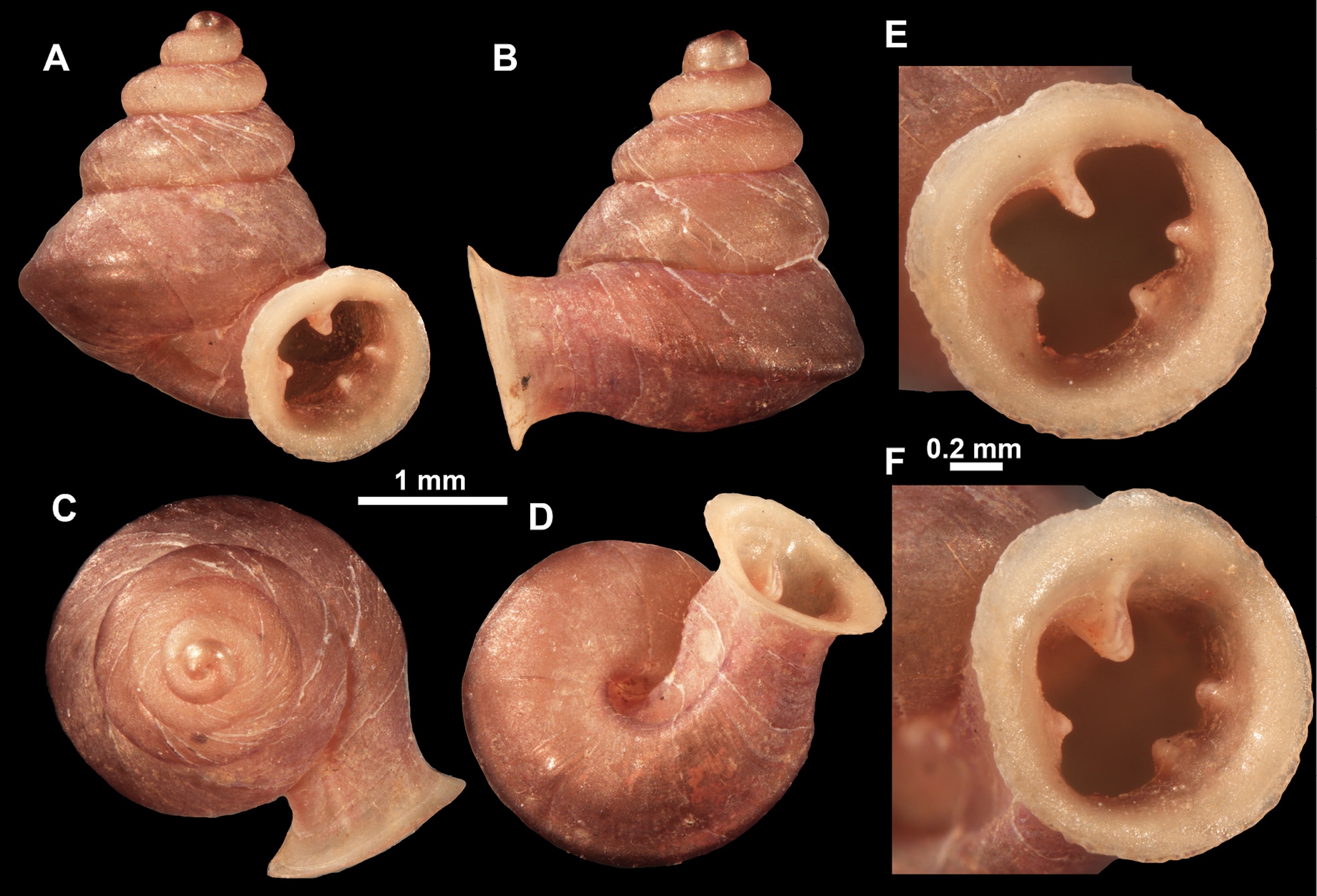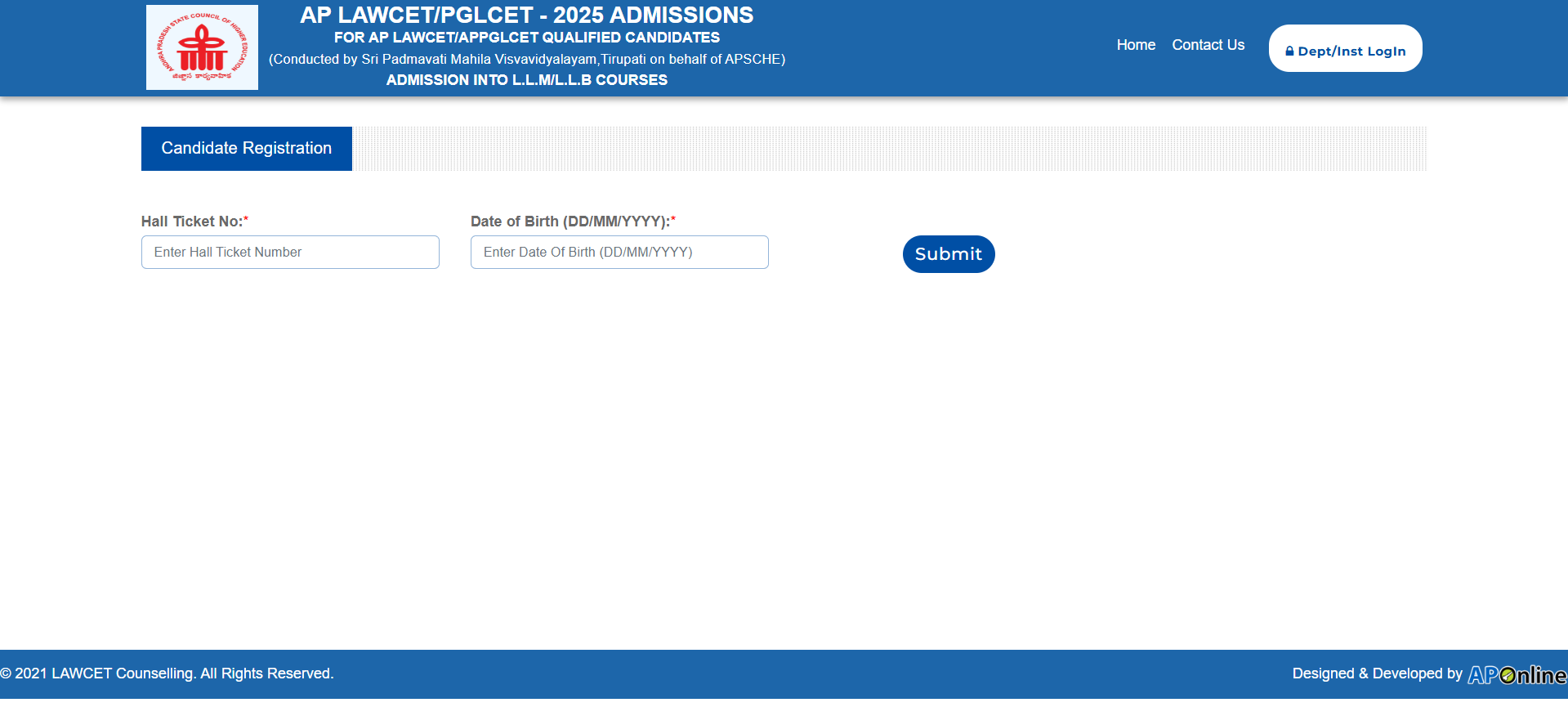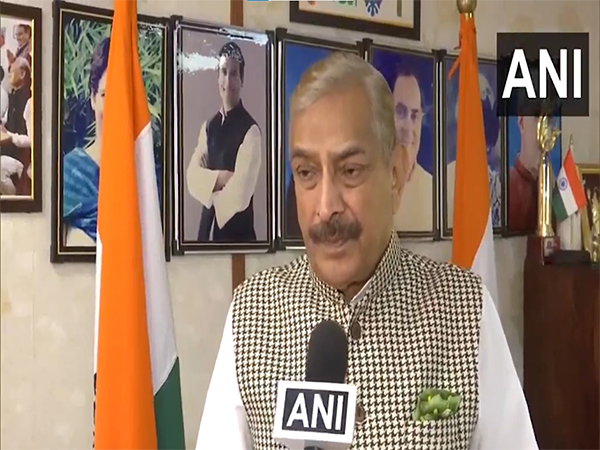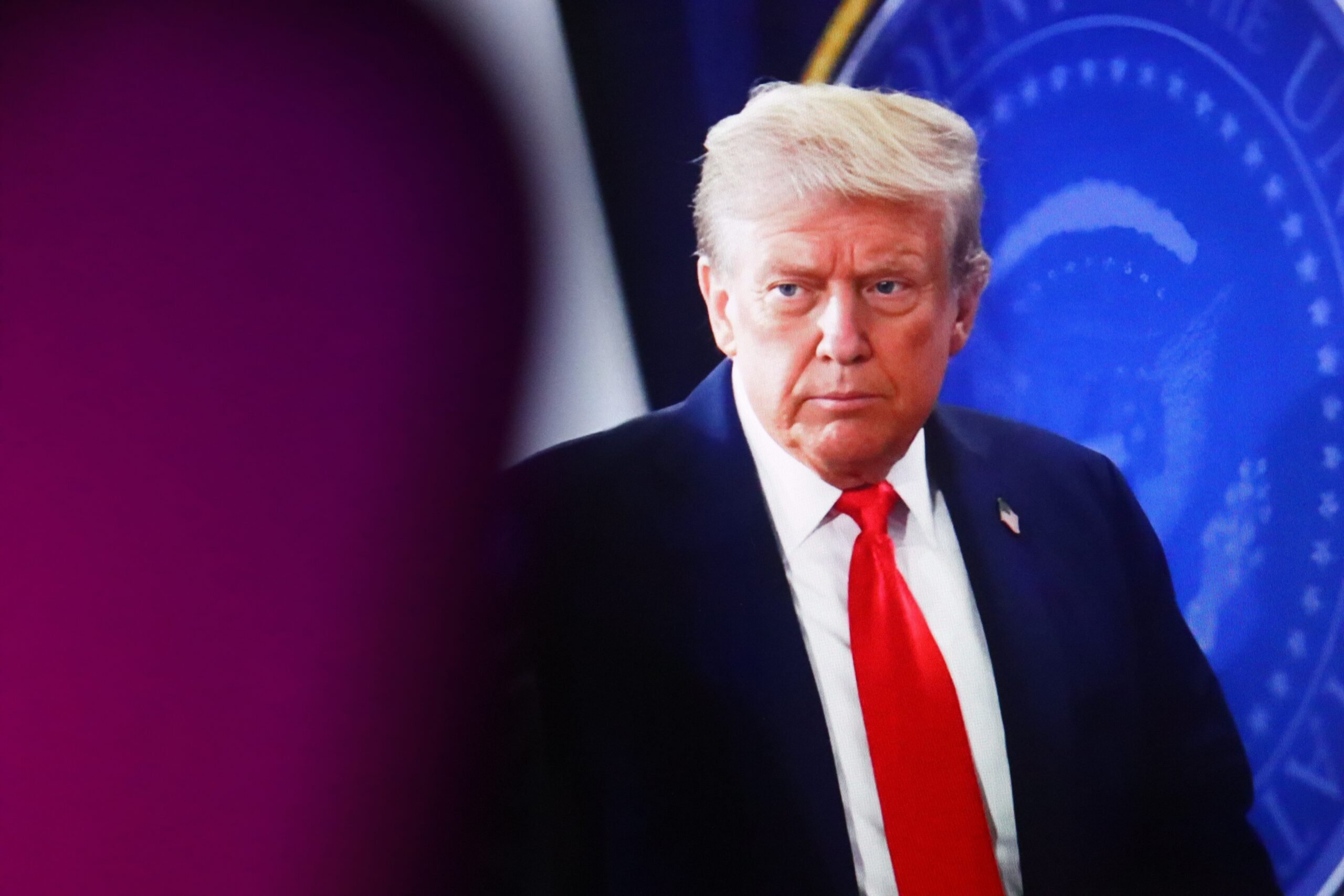‘Jailing a few may deter others’: Supreme Court pushes for tough action against farmers for burning stubble
To reduce air pollution, the Supreme Court on Wednesday (17th September) suggested adopting penal measures against farmers in Punjab and Haryana practising stubble burning to reduce air pollution. The observation came during the hearing of proceedings initiated suo motu by the top court earlier this year over the failure of the National Capital Region (NCR) States to comply with the court’s direction to complete recruitment to the respective Pollution Control Boards and Committees. A bench of Chief Justice of India BR Gavai and Justice Vinod Chandran said that stricter actions, including arrest, may be taken against erring farmers to deter them from burning stubble. CJI Gavai suggested that if some people engaging in stubble burning are jailed, it would send a message to others. “Why don’t you think of some penalty provisions? If some people are behind bars, it will send the correct message. Why don’t you think of some penalty provisions for the agriculturists? If you have a real intention of protecting the environment, then why shy away? I had read in newspapers that this (stubble left behind by crops) can also be used as biofuels. We cannot make this a five-yearly exercise,” the CJI said. Clarifying that farmers are important for the country, CJI Gavai said that it did not mean that they would be allowed to burn stubble. “Farmers are special and we are eating because of them, but it does not mean that we cannot protect the environment,” he added. The Apex Court took notice of activities contributing to air pollution in the Delhi NCR and surrounding states. Last year in October, the Court summoned the Chief Secretaries of the Punjab and Haryana governments and expressed strong disapproval for the lack of proper action against the problem of stubble burning. It also noted that the central government did not take any punitive action to curb stubble burning. The court directed the authorities to amend the existing laws and increase the penalty against stubble burning. Thereafter, the fines were increased. Senior Advocate Rahul Mehra, appearing for the state of Punjab, informed the court that efforts are being made by the state government to reduce air pollution in the area. “It came down last year and will go further down now. In 3 years, a lot has been achieved…And we will achieve much more this year,” Mehra said. However, amicus curiae Aparajita Singh countered by saying that little has been achieved in terms of reducing stubble burning despite government incentives and equipment for farmers to avoid stubble burning. Singh apprised the court that farmers revealed that they were asked to burn stubble in periods when satellites did not pass over their fields. “But farmers have the same story. Last time, farmers said that they were asked to burn at a time when the satellite does not pass over that area. I am sorry to say that since 2018, the Supreme Court has passed extensive orders, and they only plead helplessness before you,” Singh submitted. Emphasising the need for stricter measures to discourage stubble burning, CJI Gavai said that the top court could pass necessary orders if the states were hesitant to act. “You take a call, otherwise we will issue a mandamus,” the CJI said. Responding to the statement, Senior Advocate Rahul Mehra reminded the court that small farmers or those tending to small farms may be affected by the orders. “Earlier arrests were made and actions were taken… but most of these are small farmers. Some are only tilling a small land, and if you pick them up and put them behind bars, then what happens to the dependents?” Mehra submitted. Explaining his suggestion, the CJI said that he meant the penal action as a deterrent and not as a routine. “Not as a routine but to send a message,” the CJI explained. The hearing was adjourned after Additional Solicitor General Aishwarya Bhati requested the court to take up the case next week after some status reports are submitted before the court.
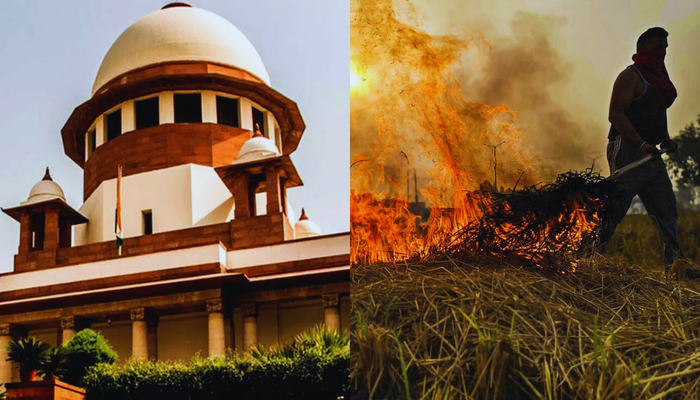


To reduce air pollution, the Supreme Court on Wednesday (17th September) suggested adopting penal measures against farmers in Punjab and Haryana practising stubble burning to reduce air pollution. The observation came during the hearing of proceedings initiated suo motu by the top court earlier this year over the failure of the National Capital Region (NCR) States to comply with the court’s direction to complete recruitment to the respective Pollution Control Boards and Committees.
A bench of Chief Justice of India BR Gavai and Justice Vinod Chandran said that stricter actions, including arrest, may be taken against erring farmers to deter them from burning stubble. CJI Gavai suggested that if some people engaging in stubble burning are jailed, it would send a message to others. “Why don’t you think of some penalty provisions? If some people are behind bars, it will send the correct message. Why don’t you think of some penalty provisions for the agriculturists? If you have a real intention of protecting the environment, then why shy away? I had read in newspapers that this (stubble left behind by crops) can also be used as biofuels. We cannot make this a five-yearly exercise,” the CJI said.
Clarifying that farmers are important for the country, CJI Gavai said that it did not mean that they would be allowed to burn stubble. “Farmers are special and we are eating because of them, but it does not mean that we cannot protect the environment,” he added.
The Apex Court took notice of activities contributing to air pollution in the Delhi NCR and surrounding states. Last year in October, the Court summoned the Chief Secretaries of the Punjab and Haryana governments and expressed strong disapproval for the lack of proper action against the problem of stubble burning. It also noted that the central government did not take any punitive action to curb stubble burning. The court directed the authorities to amend the existing laws and increase the penalty against stubble burning. Thereafter, the fines were increased.
Senior Advocate Rahul Mehra, appearing for the state of Punjab, informed the court that efforts are being made by the state government to reduce air pollution in the area. “It came down last year and will go further down now. In 3 years, a lot has been achieved…And we will achieve much more this year,” Mehra said.
However, amicus curiae Aparajita Singh countered by saying that little has been achieved in terms of reducing stubble burning despite government incentives and equipment for farmers to avoid stubble burning. Singh apprised the court that farmers revealed that they were asked to burn stubble in periods when satellites did not pass over their fields. “But farmers have the same story. Last time, farmers said that they were asked to burn at a time when the satellite does not pass over that area. I am sorry to say that since 2018, the Supreme Court has passed extensive orders, and they only plead helplessness before you,” Singh submitted.
Emphasising the need for stricter measures to discourage stubble burning, CJI Gavai said that the top court could pass necessary orders if the states were hesitant to act. “You take a call, otherwise we will issue a mandamus,” the CJI said. Responding to the statement, Senior Advocate Rahul Mehra reminded the court that small farmers or those tending to small farms may be affected by the orders. “Earlier arrests were made and actions were taken… but most of these are small farmers. Some are only tilling a small land, and if you pick them up and put them behind bars, then what happens to the dependents?” Mehra submitted. Explaining his suggestion, the CJI said that he meant the penal action as a deterrent and not as a routine. “Not as a routine but to send a message,” the CJI explained.
The hearing was adjourned after Additional Solicitor General Aishwarya Bhati requested the court to take up the case next week after some status reports are submitted before the court.



